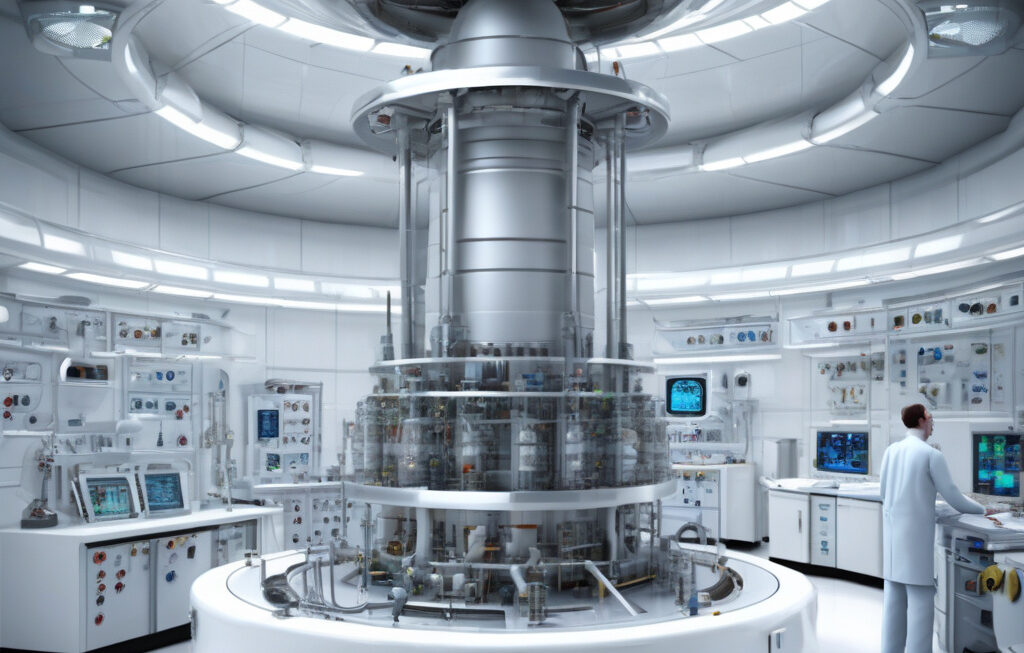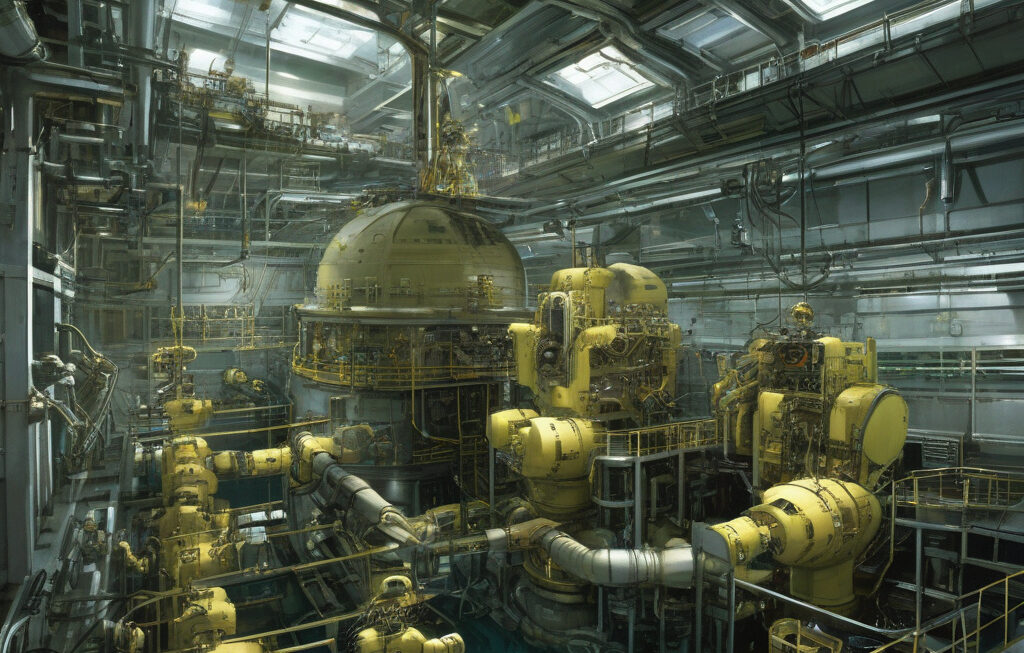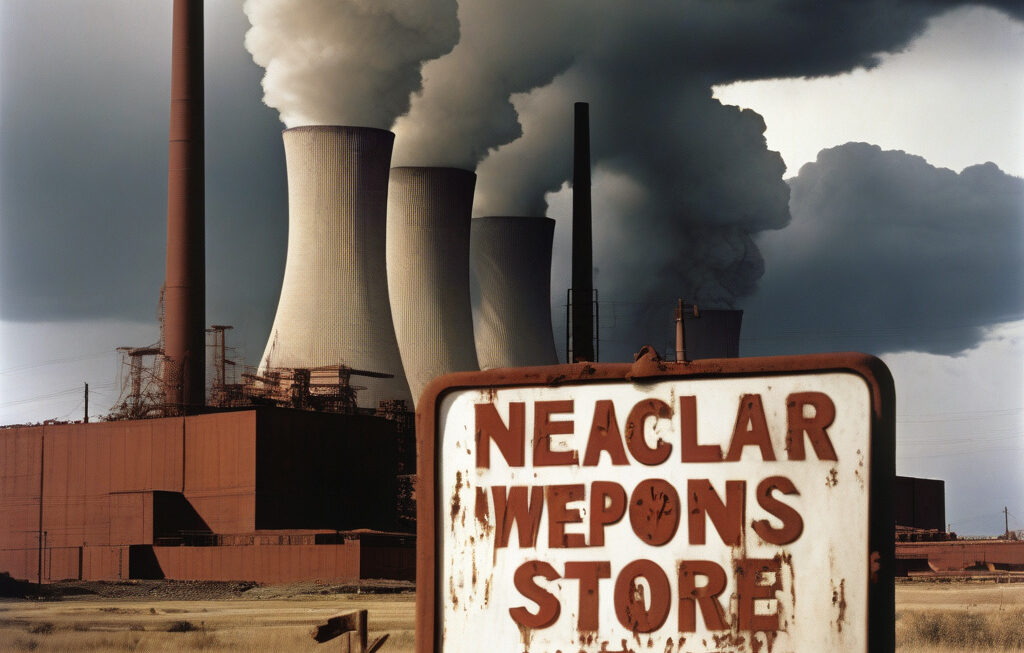Iran Could Restart Uranium Enrichment Within Months, Says Nuclear Watchdog Chief
The head of the International Atomic Energy Agency (IAEA), Rafael Grossi, told reporters that Iran is on the brink of restarting uranium enrichment activities within a matter of months. This revelation has sparked concern among global leaders and raised questions about the future of the Iran nuclear deal.
Grossi’s statement comes at a precarious time, as negotiations to revive the 2015 nuclear agreement, formally known as the Joint Comprehensive Plan of Action (JCPOA), have hit a stalemate. The JCPOA, which aimed to curb Iran’s nuclear program in exchange for sanctions relief, has been hanging by a thread since the United States unilaterally withdrew from the deal in 2018.
Iran has repeatedly stated that its nuclear activities are for peaceful purposes only, but the prospect of renewed uranium enrichment has reignited fears of nuclear proliferation in the region. The country’s enrichment capabilities are closely monitored by the IAEA, and any significant escalation could have far-reaching consequences for global security.
The potential restart of uranium enrichment underscores the challenges of maintaining international agreements and preventing the proliferation of nuclear weapons. It also highlights the delicate balance of power in the Middle East, where geopolitical tensions often intersect with nuclear ambitions.
The situation in Iran serves as a reminder of the importance of diplomatic efforts to address complex security threats. The JCPOA, despite its flaws, represented a rare moment of consensus among world powers on a critical issue. Its potential collapse would not only unravel years of negotiations but also create a dangerous power vacuum in the region.
As the international community grapples with the looming threat of Iran’s nuclear program, finding a path forward will require creative diplomacy and steadfast commitment to non-proliferation efforts. The IAEA plays a crucial role in monitoring and verifying compliance with nuclear agreements, but ultimately, it is up to political leaders to make the tough decisions necessary to prevent a nuclear crisis.
In the coming months, all eyes will be on Iran as it weighs its next steps in the nuclear arena. The choices made by Iranian officials could have profound implications for regional stability and global security. The stakes are high, but the opportunity for a diplomatic breakthrough remains within reach if all parties are willing to engage in good faith negotiations.
In conclusion, the prospect of Iran restarting uranium enrichment is a stark reminder of the fragility of nuclear non-proliferation efforts. The international community must redouble its commitment to finding peaceful solutions to complex security challenges, lest the consequences of inaction be too grave to bear.
#Iran, #UraniumEnrichment, #IAEA, #JCPOA, #NuclearSecurity












